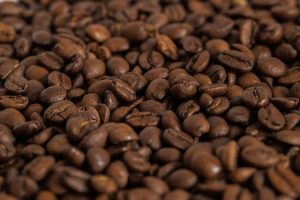Collagen stimulation is a skincare strategy targeting natural collagen production, crucial for skin firmness and elasticity. As we age, our bodies produce less collagen, leading to wrinkles and reduced skin tightness. Topical products and treatments, such as creams with peptides, vitamins, and antioxidants, stimulate fibroblasts, boosting collagen levels and improving skin texture. Non-invasive techniques like microneedling and radiofrequency therapy also enhance collagen production safely. Optimizing collagen health through lifestyle adjustments, including sleep, diet, hydration, and exercise, supports the body's natural collagen synthesis. Scientific evidence backs up collagen stimulation as an effective method for achieving firm, youthful skin. Always consult a dermatologist to ensure safe and personalized treatment.
Collagen, often referred to as the skin’s foundation, plays a pivotal role in maintaining youthful appearance. As we age, natural processes lead to collagen depletion, resulting in skin laxity and wrinkles. Understanding collagen and its significance in skin tightening is the first step towards harnessing its power. This article explores various non-invasive methods, topical treatments, and lifestyle changes for collagen stimulation, backed by scientific studies, to help you achieve a firmer, more youthful complexion.
Understanding Collagen: The Skin's Foundation
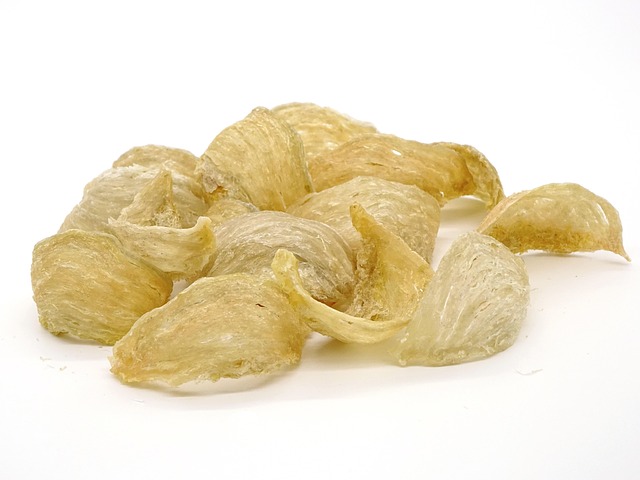
Collagen is a protein that serves as the building block of our skin, providing it with structure and elasticity. It’s responsible for maintaining skin firmness and preventing wrinkles from forming. However, as we age, our bodies produce less collagen, leading to a loss of skin tightness and a visible decline in its youthful appearance.
Collagen stimulation is a key strategy in skincare that focuses on encouraging the body to naturally increase collagen production. By promoting this process, various topical products and treatments aim to help restore and maintain the skin’s natural elasticity, resulting in improved skin tone, texture, and overall tightness.
Ageing and Collagen Depletion: A Natural Process

As we age, our bodies undergo natural changes, and one significant aspect is the depletion of collagen in our skin. Collagen is a protein that provides structure and elasticity to our skin, muscles, and bones. It’s what keeps our skin looking youthful, firm, and supple. However, from around the age of 25, our collagen production starts to slow down, leading to visible signs of ageing such as fine lines, wrinkles, and reduced skin tightness. This natural process is a result of various factors, including environmental exposure, lifestyle choices, and genetics.
Collagen stimulation is a key strategy in combating these effects. By encouraging the body to produce more collagen, we can help reverse some of the ageing process and improve skin texture and tone. Various topical products and treatments claim to boost collagen levels, but understanding the science behind it is essential. These methods often involve stimulating the skin to trigger its natural collagen production or introducing exogenous (external) collagen to enhance elasticity and firmness.
The Role of Collagen in Skin Tightening

Collagen plays a pivotal role in skin tightening and overall skin health. It’s a protein that forms a crucial structural framework within our skin, acting as the main component of connective tissue. This robust network provides structure, strength, and elasticity to our skin, determining its youthful appearance and smoothness. As we age or experience weight fluctuations, collagen production naturally declines, leading to reduced skin elasticity and noticeable signs of aging like wrinkles and sagginess.
Collagen stimulation is therefore a key strategy in various skincare routines aimed at achieving tighter, firmer skin. This process encourages the body to produce more collagen by stimulating fibroblasts, the cells responsible for synthesizing this vital protein. Through collagen stimulation, existing collagen fibers can also be strengthened and reorganized, enhancing skin texture and reducing the appearance of fine lines and wrinkles.
Non-Invasive Methods for Collagen Stimulation
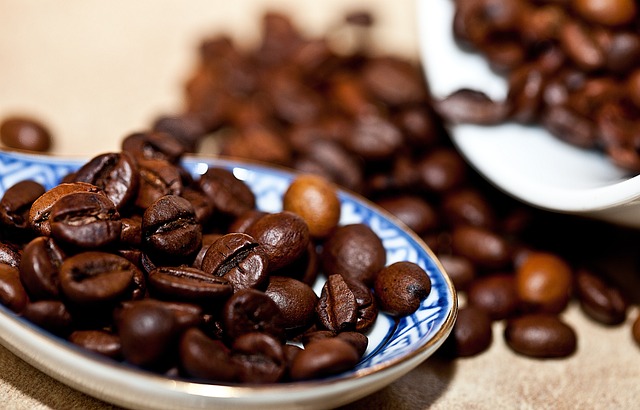
Collagen stimulation is a popular approach to achieving skin tightening and rejuvenation, but not all methods require invasive procedures. Non-invasive techniques have gained significant attention for their effectiveness in boosting collagen production. One such method is through topical applications of certain creams and serums enriched with peptides, vitamins, and antioxidants, which gently nudge the skin’s natural collagen synthesis. These ingredients penetrate the skin to stimulate fibroblasts, the cells responsible for producing collagen, thereby increasing its overall quantity and elasticity.
Additionally, technologies like microneedling and radiofrequency therapy offer non-invasive ways to trigger collagen stimulation. Microneedling creates tiny pricks in the skin, encouraging a healing response that boosts collagen and elastin production. Radiofrequency treatments, on the other hand, use controlled heat to stimulate fibroblasts, leading to an increase in collagen fibers and improved skin texture. These non-invasive methods provide safer alternatives for those seeking to enhance their skin’s appearance without surgery.
Topical Treatments: Enhancing Collagen Production
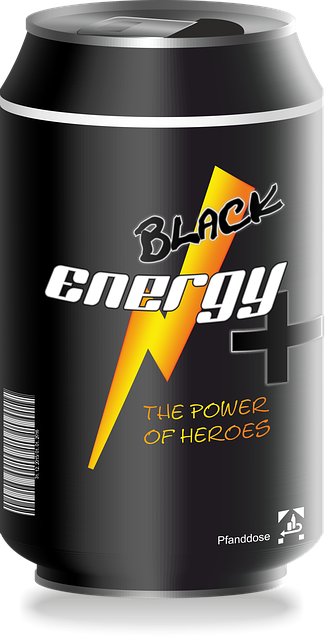
Topical treatments have emerged as a powerful tool in the quest for collagen stimulation. By applying specific ingredients to the skin, it is possible to kickstart the natural production of collagen, leading to improved skin elasticity and a firmer appearance. Certain active ingredients, such as retinoids, peptides, and vitamin C derivatives, are renowned for their ability to encourage collagen synthesis.
Retinoids, derived from vitamin A, have long been used in skincare routines due to their remarkable effects on collagen boosting. They work by increasing the turnover of skin cells and stimulating fibroblasts, the cells responsible for producing collagen. Peptides, on the other hand, are small chains of amino acids that mimic the structure of collagen. When applied topically, they can signal fibroblasts to create more collagen, thereby reducing the appearance of fine lines and wrinkles. Vitamin C, a powerful antioxidant, also plays a crucial role in this process by protecting collagen from damage caused by free radicals and promoting its synthesis.
Lifestyle Changes for Optimized Collagen Health

Collagen is a key protein for maintaining skin elasticity and youthfulness, so optimizing its health is essential for effective skin tightening. Beyond topical applications, lifestyle changes play a significant role in enhancing collagen stimulation. Adequate sleep is crucial; during sleep, the body produces key growth hormones that facilitate collagen synthesis. A balanced diet rich in antioxidants, vitamins C and E, and amino acids supports collagen production. Staying hydrated by drinking enough water also contributes to optimal collagen levels, as water is essential for collagen structure and function within the skin. Regular exercise promotes blood circulation, which delivers vital nutrients to skin cells, enhancing collagen health and overall skin appearance. By integrating these lifestyle practices into your routine, you can support your body’s natural ability to produce and maintain healthy collagen levels, leading to firmer, tighter skin.
Scientific Studies: Evidence of Collagen Boosting Efficacy

Collagen boosting has gained significant attention in the skincare industry due to its promising results in skin tightening and improvement. Scientific studies have provided compelling evidence supporting the efficacy of collagen stimulation techniques. Research suggests that increasing collagen production can lead to a reduction in fine lines, wrinkles, and overall skin laxity.
Several clinical trials have demonstrated the positive impact of various collagen-boosting methods. For instance, topical applications of certain peptides and growth factors have shown success in stimulating fibroblasts, the cells responsible for collagen synthesis. Additionally, non-invasive procedures like microneedling and radiofrequency therapy have been proven effective in enhancing collagen production, resulting in improved skin elasticity and texture. These studies highlight the potential of collagen stimulation as a safe and effective approach to achieving youthful-looking skin.
Safety and Considerations: A Comprehensive Look
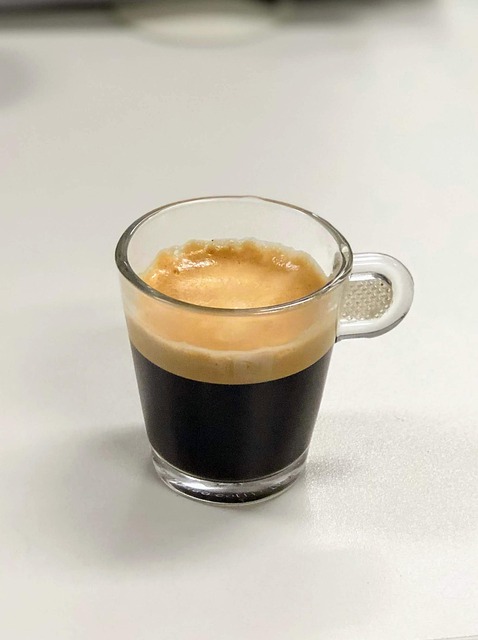
When exploring collagen boosting for skin tightening, safety and considerations are paramount. Collagen stimulation, a key aspect of many skincare routines, involves encouraging the body to produce more of this essential protein that supports skin structure and elasticity. However, not all methods are created equal, and understanding potential risks and side effects is crucial before embarking on any treatment.
Various factors come into play, from product ingredients to delivery methods. Topical creams and serums, for instance, offer a non-invasive approach but may vary in effectiveness. Clinical treatments like microneedling or laser therapy can provide more profound results but carry higher risks of irritation, redness, and even scarring if not performed correctly. It’s essential to consult with a dermatologist who can guide you based on your skin type, concerns, and medical history, ensuring a safe and comprehensive approach to collagen stimulation.
